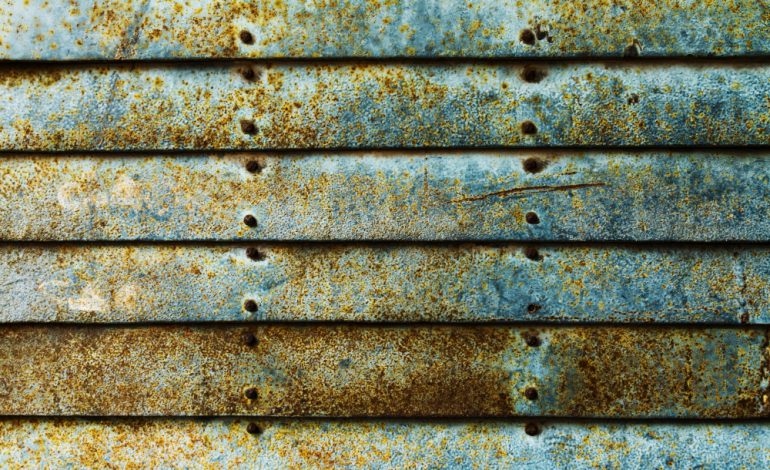
What Is Corrosion and How Does It Affect Heat Exchangers?
Corrosion is the deterioration of a material caused by chemical reactions, often with the surrounding environment. In heat exchangers, which operate under high-temperature and high-pressure conditions, corrosion can attack metal surfaces, leading to structural integrity loss. Over time, the corrosive layer forms a barrier that hinders heat transfer, requiring more energy to maintain operational efficiency.
Major Issues in Thermal Efficiency
Heat transfer is vital for the optimal functioning of heat exchangers. With rust and metal oxides buildup, the capacity for heat transfer decreases. This can lead to increased energy consumption as more power is required to compensate for efficiency losses. Components deteriorate faster, risking premature replacements or breakdowns.
Methods for Corrosion Prevention
Fortunately, there are various strategies to counteract corrosion in heat exchangers:
- Anti-corrosion coatings: Applying protective coatings reduces the environmental impact on exposed metals.
- Corrosion-resistant materials: Selecting materials like stainless steel or nickel-chromium alloys helps prevent corrosion.
- Preventive maintenance: A regular maintenance schedule allows early identification and repair of damages.
- Water and environment control: Maintaining stable pH levels and reducing salinity are measures that slow down corrosion.
Corrosion in High-Pressure and High-Temperature Systems
Heat exchangers in high-pressure and high-temperature environments require particular attention, as these conditions accelerate corrosion. Periodic maintenance is essential to monitor material condition and prevent unexpected failures. Advanced diagnostics, such as thermographic analysis, allow for the detection of heat losses and prompt intervention.
Conclusion
To maintain high heat exchanger efficiency, it is essential to prevent and manage corrosion. An effective maintenance strategy can extend equipment life and reduce operational costs. Investing in quality materials and regular inspections is a winning approach to avoid corrosion-related problems.
